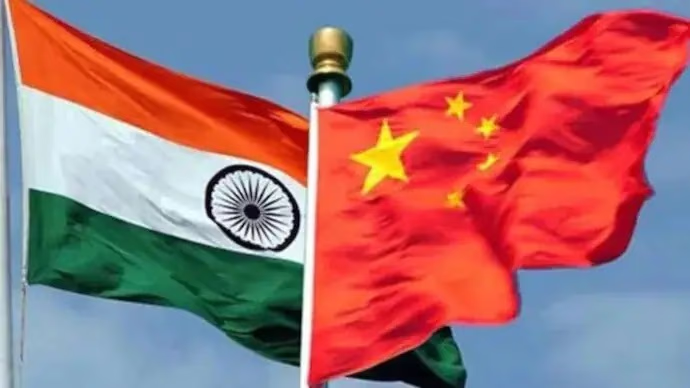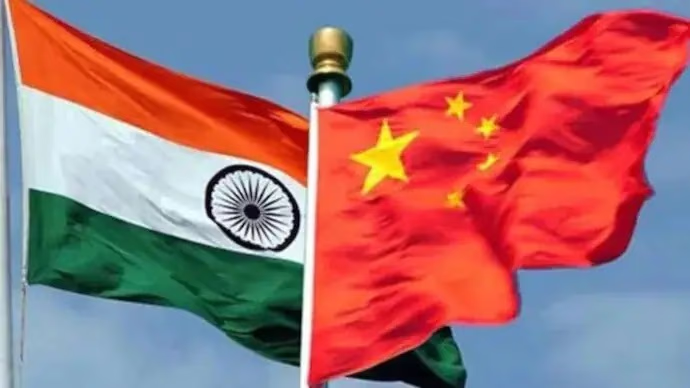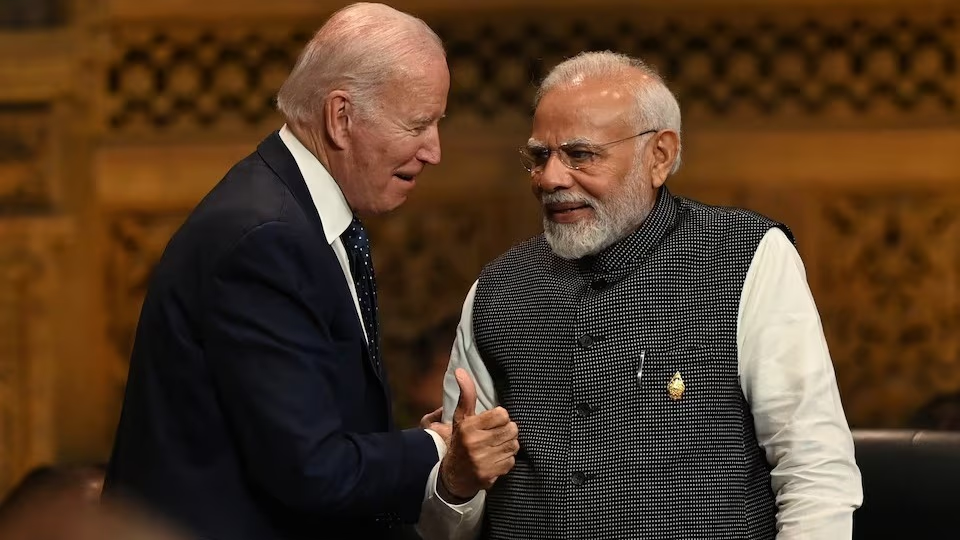The visit of U.S. National Security Advisor Jack Sullivan to India has raised concerns among Chinese think tanks. China perceives that the United States is strengthening its relations with India to achieve its strategic objectives. In an article in the Global Times, a mouthpiece of the Communist Party of China, a Chinese think tank remarked that India possesses enough strategic insight that cannot be easily exploited by the U.S.
During his visit, Jack Sullivan met with Prime Minister Narendra Modi in New Delhi on Monday. He also held discussions with India's Foreign Minister S. Jaishankar and National Security Advisor Ajit Doval earlier.
Importantly, current U.S. President Biden's tenure in the White House now lasts under two weeks. By dispatching a prominent official to India, the Biden administration underscores the significance of bilateral relations between the two nations.
Jack Sullivan announced that the U.S. would lift restrictions on India's nuclear energy companies. The U.S. will remove Bhabha Atomic Research Centre and Indira Gandhi Atomic Research Centre from the civilian nuclear cooperation restricted list. This move will foster the expansion of nuclear energy use in India.
Regarding this collaboration between India and the U.S., Qian Feng, Director of the Research Department at Tsinghua University's National Strategy Institute, provided insights.
"U.S. Aims to Sow Division Between China and India"
He noted in the Global Times, "In view of recent improvements in China-India relations, the U.S. is concerned that India's role in controlling China could be weakened. Consequently, the U.S. seeks to capitalize on this opportunity to solidify its relationship with India and strengthen the foundation of cooperation."
Qian Feng also mentioned that the U.S. aims to exploit potential issues to create a rift between Beijing and New Delhi.

Source: aajtak
"The U.S. seeks to create a divide between Beijing and New Delhi."
"U.S. Exaggerating the ‘China Threat’ Narrative"
Professor Li Haidong from China Foreign Affairs University explained that the U.S. wants India to maintain a confrontational stance regarding China policy.
On Monday, Li Haidong told the Global Times that Washington seeks to amplify the 'China threat' scenario to highlight its importance and uniqueness.

Source: aajtak
The U.S. aims to incite regional disruptions to achieve its own strategic interests.
Professor Haidong stated that creating this fear of strategic instability highlights America’s characteristic approach towards China-India relations. Its aim is to incite regional disruptions to fulfill its own strategic interests.
Professor Li Haidong referenced India's independent foreign policy and non-aligned tradition, considering it as India possessing enough strategic wisdom that the U.S. cannot easily exploit.
The Global Times notes that efforts on both sides are improving China and India's relations. For the first time in five years, India's Prime Minister Modi and Chinese President Xi Jinping met in October 2024. This marked a strategic resurgence in China-India relations post-border tensions. In December 2024, the special representatives of India and China met for their 23rd meeting to discuss the border issue, reaching consensus on six points in Beijing.
It’s notable that last November, after five years following the confrontation between India and China in Galwan in Ladakh, troops from both nations patrolled Demchok and Depsang. This is considered a significant step towards normalizing relations between the two nations.
Qian Feng, Director of the Research Department at the National Strategy Institute, believes that India might try to balance between the U.S. and China. India hopes to resolve border-related issues with China, while also attempting more practical economic cooperation with China to bolster its economic growth.




